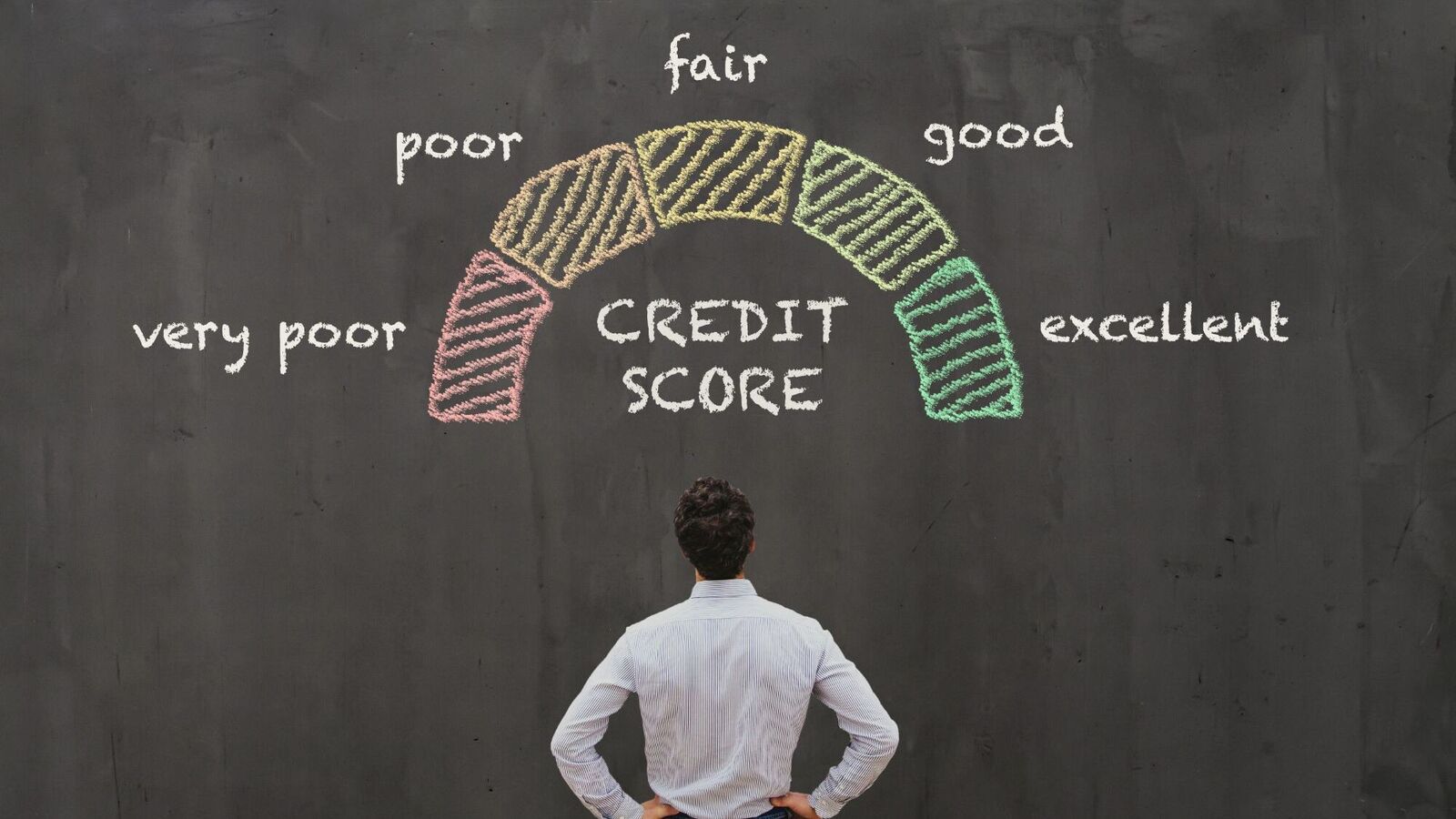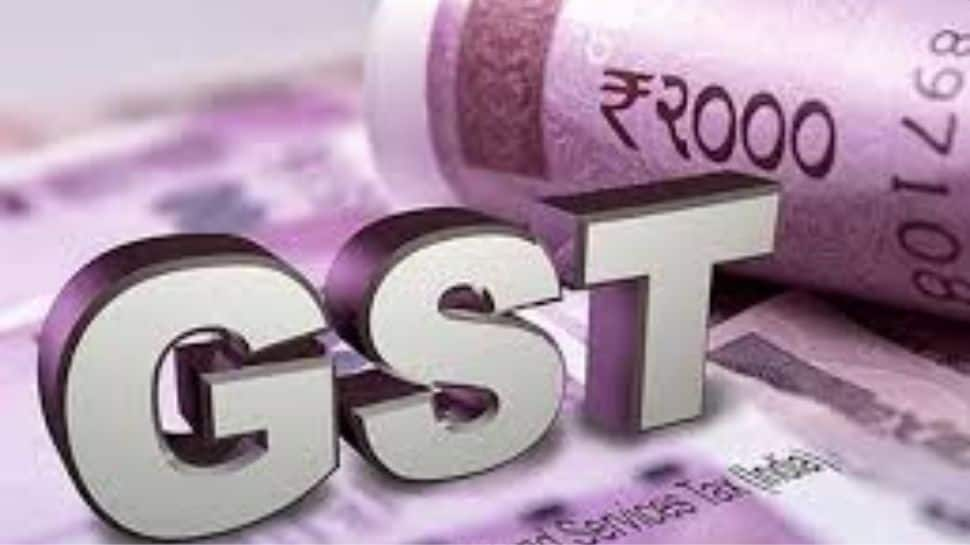Credit score warning! 7 habits that can lower your rating and affect loan approvals

In recent times, the importance of a high credit score has grown exponentially. Due to regulatory changes and stricter lending norms, a strong credit score and a healthy credit profile are no longer optional. They are, in fact, essential for getting personal loans, credit cards, and even securing favourable interest rates on various other credit products.
The Reserve Bank of India (RBI) recently introduced mandates for lenders to update credit bureau records every 15 days, aiming to promote transparency and accountability in the system. This simply means that both positive and negative financial behaviours are reflected much faster than earlier. This makes it important for borrowers to avoid habits that can instantly result in damaging their credit scores.
Elucidating on the same, Gaurav Goel, Founder & Director at Fynocrat Technologies, says, “Earlier, we counted every rupee by hand and spent with caution. Today, tap and go spending leads to overspending, missed payments and overuse of credit. These habits may feel small, but instantly begin to damage your credit score. Overusing your credit limit, taking multiple loans or closing old cards only makes it worse.”
Considering the above, let us look at seven habits that can instantly hurt your credit score, making future personal loans and credit cards more difficult and complicated to secure.
Top 7 credit score killers
Financial professionals, along with credit bureaus, highlight several common habits that can rapidly erode a person’s creditworthiness:
- Late or missed payments: Even a single missed payment can have a serious impact, as it stays on your credit report for up to seven years and signals financial instability to lenders.
- High credit utilisation: Using more than 30% of your available credit limit is also seen as an important sign of financial stress, and credit dependence can lower your score. That is why you should focus on managing your credit utilisation ratio.
- Multiple credit applications in a short span: Each application triggers a hard inquiry, and several applications within a short period can make you appear desperate for credit, leading to a drop in your score.
- Ignoring credit report errors: Failing to check your credit report for inaccuracies, errors or mistakes such as incorrect personal details or wrongly reported late payments, can harm your score unnecessarily.
- Paying only the minimum amount due: If you consistently repay only the minimum amount due on your credit card bills or personal loans, then this habit can easily lead to mounting interest and debt, and can signal to lenders that you are struggling to manage your finances efficiently.
- Closing old credit accounts: Closing your old credit cards and personal loans in quick succession can reduce the average age of credit history and can increase the credit utilisation ratio, both of which are negative factors.
- Signing of loans without caution: If you are signing a loan document with a co-applicant, you must be careful. The reason is that if the primary borrower defaults, your credit score also suffers.
What can you do to stay protected?
Therefore, to maintain a robust credit profile, it is important to monitor your credit score regularly, pay bills on time, use credit cards responsibly, check your own credit utilisation regularly, and raise disputes against any discrepancies in your credit score promptly.
Discipline in financial management and consistent knowledge building in the same direction can go a long way to help you navigate economic uncertainty. Hence, avoiding these seven habits is the first step you can take toward safeguarding your credit score, maintaining a healthy credit profile and unlocking better financial opportunities in the nation.
For all personal finance updates, visit here
Disclaimer: Mint has a tie-up with fintechs for providing credit; you will need to share your information if you apply. These tie-ups do not influence our editorial content. This article is intended to educate and spread awareness about credit needs like loans, credit cards, and credit scores. Mint does not promote or encourage taking credit, as it comes with risks such as high interest rates and hidden charges. Please consult a certified financial advisor before making any credit decision.







